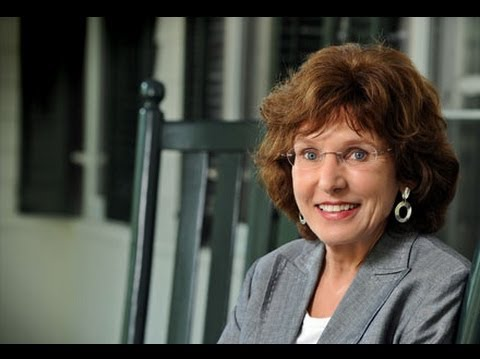The Friday morning plenary session will explore the experiences of academics as activists. In several nationally significant political movements in recent years, including major showdowns in Wisconsin and North Carolina, academics have played crucial roles. The panel will feature oral historians who have taken an active role in local, national, and international movements
Jacquelyn Dowd Hall, Julia Cherry Spruill Professor of History, University of North Carolina at Chapel Hill, is past president of the Organization of American Historians, the Southern Historical Association, and the Labor and Working Class History Association and an elected fellow of the American Academy of Arts and Sciences. Dr. Hall’s research interests include women, labor, and the American South. Hall was an early pioneer with the nationally recognized ‘Moral Mondays’ campaign to protect North Carolina citizens from disfranchisement and other civil rights abuses. She was awarded a National Humanities Medal in 1999 for her efforts to deepen the nation’s understanding of and engagement with the humanities. In 2013, she received the Mary Turner Lane Award for outstanding contributions to the lives of women at UNC-Chapel Hill. In addition to her teaching and research, she served as the founding director of the Southern Oral History Program from 1973 to 2011.
Ian Lekus is an LGBT Thematic Specialist for Amnesty International USA and a Lecturer in LGBT Studies at the University of Maryland. Before moving to the Washington, D.C. area to pursue a career in human rights advocacy, he trained students in oral history at Harvard, Duke, Tufts, and the University of Georgia. His careers in advocacy and academia are both dedicated to exploring how we imagine and organize social transformation, and what are the limits and obstacles to that work. He is especially interested in the role storytelling plays in generating cultural and structural change.
Jeffrey W. Pickron is a lecturer in the history department at the University of Wisconsin-Oshkosh specializing in United States labor and urban history. He was the oral history coordinator for the Black Thursday Oral History Project and has worked on several oral history projects focused on labor and social movement history. In addition to his scholarly work, Pickron has worked as a labor organizer and led a campaign to achieve collective bargaining rights in the UW System and organize a campus union. He was also was active in efforts around Wisconsin to resist Governor Scott Walker’s bill to rescind public sector bargaining rights.Rachel F. Seidman is the Associate Director of the Southern Oral History Program at UNC-Chapel Hill. An historian of U. S. women’s activism, Seidman co-founded and co-directs The Moxie Project UNC: Women and Leadership for Social Change. The Moxie Project is an innovative curricular program that integrates coursework in women’s history, oral history research on women’s activism, and summer internships in local women’s organizations. Seidman serves as a Scholar Advisor to Women Advance NC, an independent nonpartisan educational institute dedicated to improving the lives of North Carolina’s women, and she helped launch the North Carolina Women’s Summit, which brings together feminist scholars and policy experts to share information with North Carolina women about the policy decisions affecting their lives. Students in Seidman’s course on Women in the Public Sphere at Duke University started the Who Needs Feminism social media campaign, which has spread around the world, building awareness and giving voice to the ongoing need for the feminist movement.

